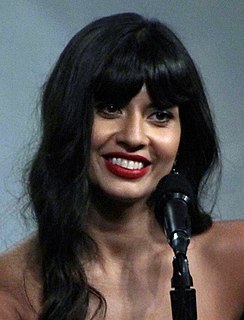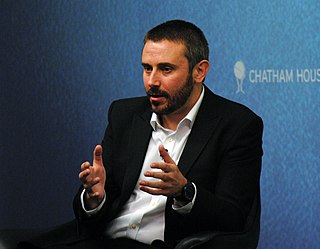A Quote by Robert J. Sawyer
Our job is not to predict the future. Rather, it's to suggest all the possible futures - so that society can make informed decisions about where we want to go.
Related Quotes
In my work, I am not attempting to predict the future. I am only pointing out what is possible with the intelligent application and humane use of science and technology. This does not call for scientists to manage society. What I suggest is applying the methods of science to the social system for the benefit of human kind and the environment.
Not enough of our society is trained how to understand and interpret quantitative information. This activity is a centerpiece of science literacy to which we should all strive-the future health, wealth, and security of our democracy depend on it. Until that is achieved, we are at risk of making under-informed decisions that affect ourselves, our communities, our country, and even the world.
We spend our whole lives worrying about the future, planning for the future, trying to predict the future, as if figuring it out will cushion the blow. But the future is always changing. The future is the home of our deepest fears and wildest hopes. But one thing is certain when it finally reveals itself. The future is never the way we imagined it.
The human experience can almost be summed up in the observation that, whereas all decisions are of the past, all decisions are about the future. The image of the future, therefore, is the key to all choice-oriented behavior. The character and quality of the images of the future which prevail in a society is therefore the most important clue to its overall dynamics.






































